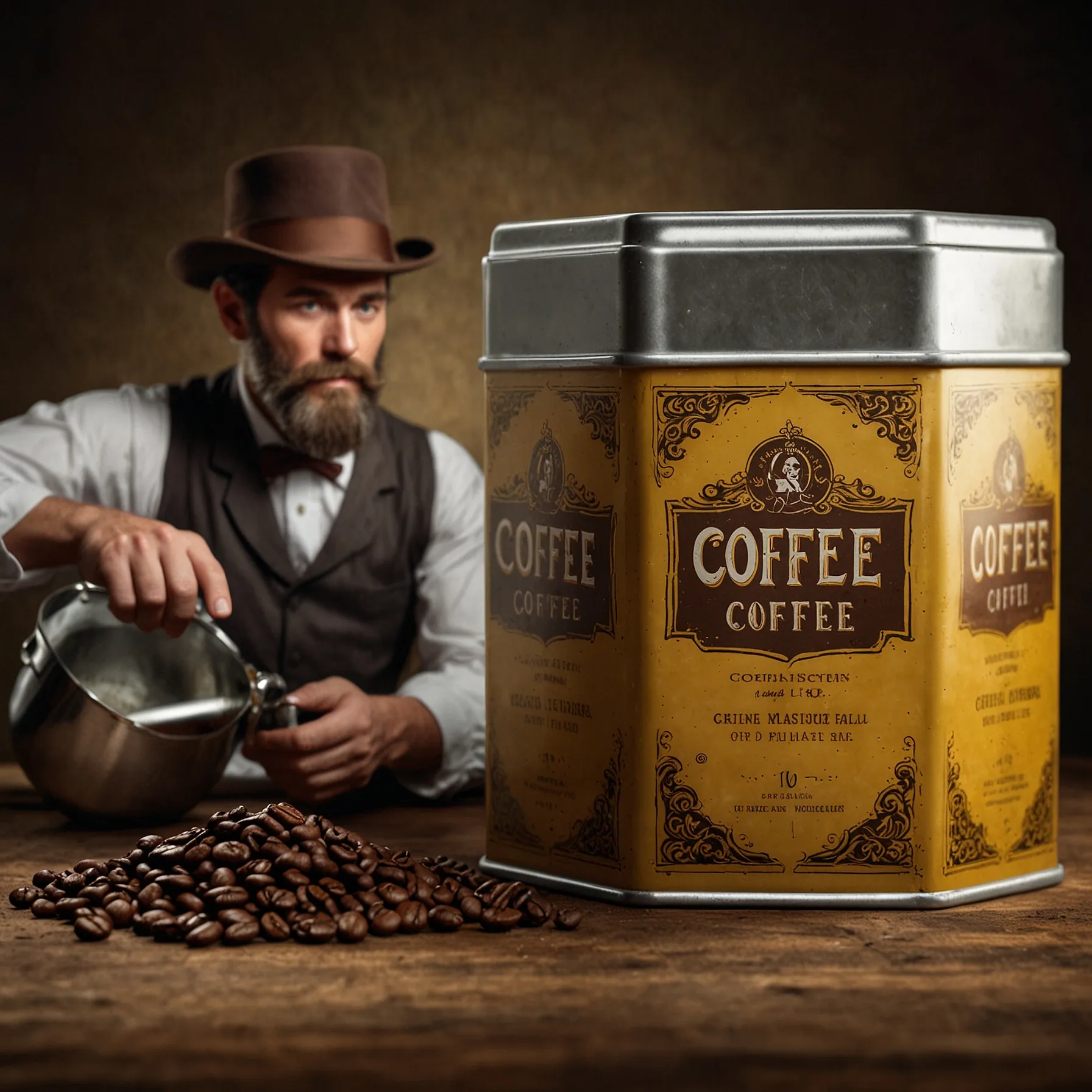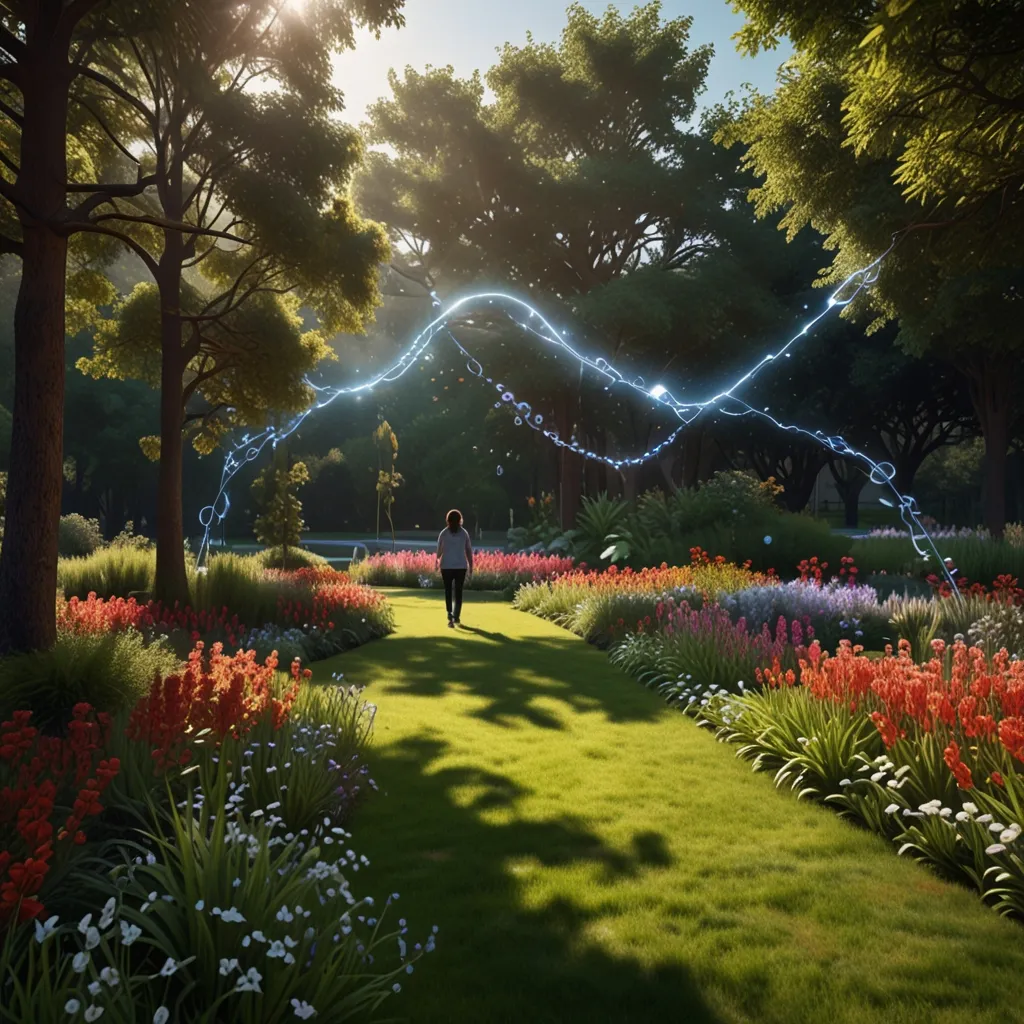In 1849, William H. Bovee left his job at a coffee producer in New York City to chase the gold rush in California. Moving west, Bovee discovered that people were still buying green coffee beans, roasting them at home, and then grinding them by hand before brewing. This complicated process meant people couldn’t enjoy a quick cup of coffee.
Seeing an opportunity, Bovee created California’s first coffee mill. He started by packaging and selling pre-roasted beans. He didn’t stop there. Realizing the potential for further convenience, he ground the roasted beans on a large scale and packed them into small, user-friendly tins. This was revolutionary at the time.
Just a few years into his venture, Bovee grew tired of the coffee business and sold his shares to a young employee named James Folger. Folger rebranded the company and expanded it into a nationwide brand. His efforts set off a race to find the fastest and easiest way to brew that essential morning caffeine fix.
Today, for the 64% of Americans who drink coffee daily, a quick and convenient cup of joe is a necessity, not a luxury.






